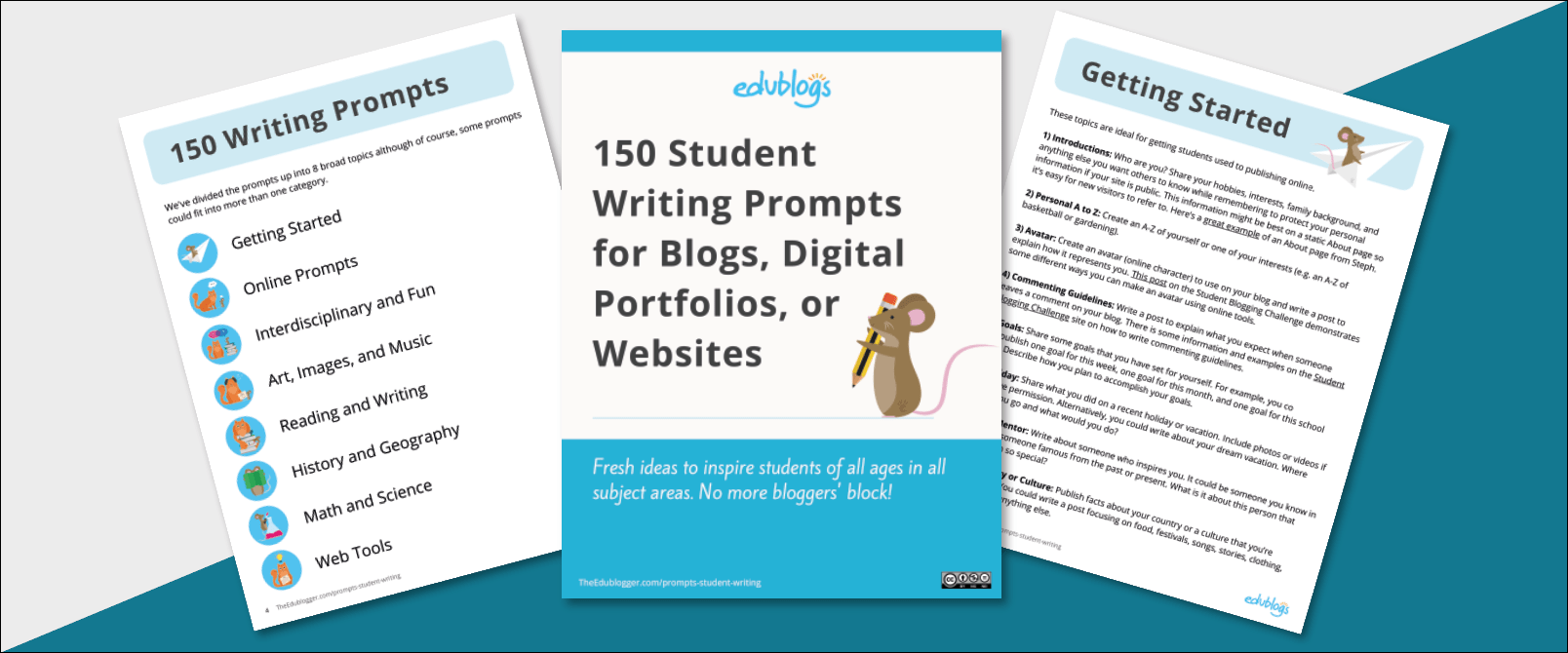
My nine-year-old son looks at me anxiously. “Mum, you definitely, definitely have my sponsor money plus an extra pound, which I need for the fundraising games. We have to bring it in today.”
I search through my wallet for a quid each for him and his brother. I’ve got no cash on me. “We have to,” he repeats, his voice going wobbly. I stick an IOU in his piggy bank and the day is saved. Yet again. And yet again I feel infuriated and indignant at being put in this position. Then I feel even more cross that I now feel mean.
Cake sale, plant sale, ticket for a pamper evening, music quiz, another cake sale, school disco (with associated plastic tat and penny sweets on sale), pay to see Santa, raffle for the chocolate hamper (that you’ve already sent in the goddamn chocolate for), dress up for World Book Day (that’s a quid), go pink for breast cancer research (that’s two quid) and why not run a sponsored mile for Sport Relief while you’re at it.
Then … ping! Oh joy, a text from school – another (another?!) cake sale. How much sugar is going down in that playground?
The texts keep flooding in. Ransack your wardrobe for Bag 2 School; send in dosh so your child can buy you a Mother’s Day present; scrabble through your (now denuded) wardrobe for next week’s clothes swap and pretty please, the PTA would appreciate donations of booze for this year’s summer fete. If enough of you don’t stump up by Friday, you’ll be harangued daily until you do.
Welcome to summer term, peak time for school fundraising – and what feels like a constant assault. Let’s put aside my irritation at being “chugged” via leaflets in book-bags and my mobile phone, in principle it’s a good thing for kids to think about the needs of people other than themselves, so I’ll swallow official charity fundraisers on that basis, even if those charities might not be my personal choice.
What is outrageous, though, is the assumption in some schools that parents can easily afford to donate on a virtually weekly basis, and the idea that we should expect to be paying on top of our taxes for our children’s state education.
Schools, suffering the terrible results of the government’s austerity policies, have cut to the chase and are now pumping parents for regular direct debits to cover essentials. But is asking parents to pay doing pupils’ education any good?
In deprived catchments, people can’t afford to keep putting their hand in their pockets. Attendance in the poorest areas goes down on Red Nose Day and for Children in Need, when pupils are asked to donate money to dress up. One teacher in a deprived area told me her school reduced its Red Nose Day donation from £1 to 50p after noticing that some children stayed home. No amount of money raised is worth a single child feeling too embarrassed to go to school because they can’t join in with their peers to put their pennies in the pot.
The state should be buying our children’s pencils and exercise books, and whatever else they need for the curriculum. And schools that are trying to paper over deepening financial cracks by fundraising for these basic items are letting the government off the hook.
It’s easy to see how it happens. Headteachers are practical people. They want to do the best by their pupils, so they’re trying every which way to mitigate depleting budgets. Many schools are running deficits of hundreds of thousands of pounds. And so PTA funds, I’ve been told by some headteachers, are being called upon to pay for reading schemes, textbooks, art and technology materials, revision guides, stationery items and other essentials.
By changing children into semi-professional fundraisers, schools aren’t just attempting to make up for millions of pounds that should be provided though taxation. They are turning children’s human right to an education into a charitable cause. That, in turn, makes education a discretionary line on the government’s budget spreadsheet, with the quality on offer increasingly dependent on the means and largesse of donors.
How very 19th century.
source:-theguardian




